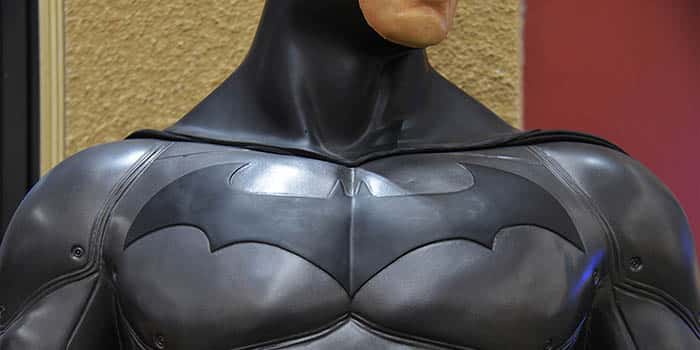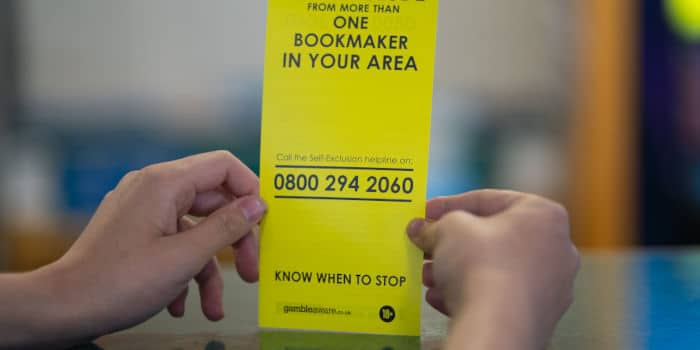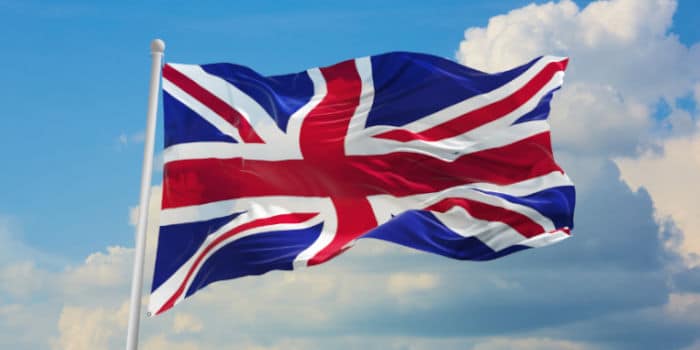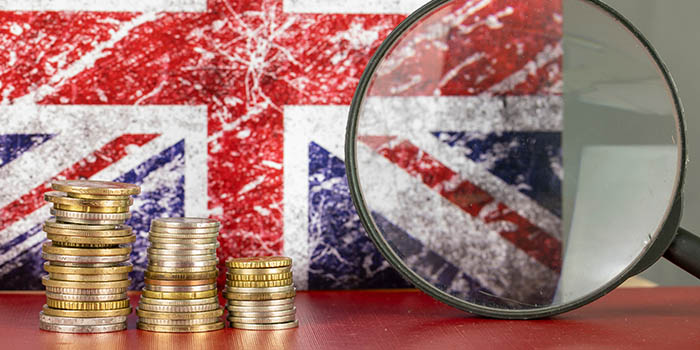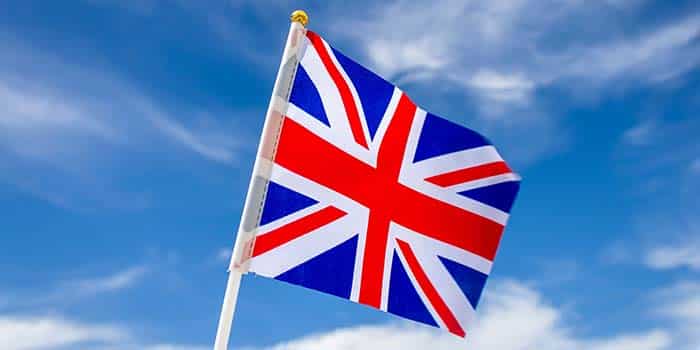- Casino
- By State
- Alabama
- Alaska
- Arizona
- Arkansas
- California
- Colorado
- Connecticut
- Delaware
- Georgia
- Florida
- Hawaii
- Idaho
- Illinois
- Indiana
- Iowa
- Kansas
- Kentucky
- Louisiana
- Maine
- Massachusetts
- Maryland
- Michigan
- Minnesota
- Mississippi
- Missouri
- Montana
- Nebraska
- Nevada
- New Hampshire
- New Jersey
- New Mexico
- New York
- North Carolina
- North Dakota
- Ohio
- Oklahoma
- Oregon
- Pennsylvania
- Rhode Island
- South Carolina
- South Dakota
- Tennessee
- Texas
- Utah
- Vermont
- Virginia
- Washington
- West Virginia
- Wisconsin
- Wyoming
- By State
- Slots
- Poker
- Sports
- Esports
Charity Commission Launches Investigation into GambleAware
Annie Ashton, a woman whose husband took his own life due to gambling problems, praised the launch of the Charity Commission’s investigation

The UK Charity Commission has officially opened an investigation into GambleAware, Britain’s biggest gambling harm charity. This comes after a complaint by the Good Law Project alleged that the non-profit is too closely related to the gambling industry.
The Good Law project previously accused GambleAware of reliance on gambling industry funds, alleging that its activities carry certain biases because of it. The project pointed out that the charity urges problem players to learn to gamble responsibly instead of avoiding gambling altogether.
Because of that, the Good Law project believes that GambleAware is failing to meet its charitable objectives.
Annie Ashton, a woman whose husband took his own life due to gambling problems, praised the launch of the Charity Commission’s investigation. Ashton, who is one of the complaint initiators, slammed GambleAware’s education resources as “inadequate” and said that they should not be delivered to children.
GambleAware Denies the Accusations
GambleAware responded to the allegations, which it called baseless. CEO Zoë Osmond said that the statements outlined in the complaint are inaccurate, misleading and outdated. Osmond also pointed out that the gambling industry has no influence over the charity’s operations and noted that GambleAware’s independence “has been widely recognized by a range of stakeholders including the government, as evidenced in the gambling white paper.”
While GambleAware’s CEO expressed confidence that the complaint would not be upheld, the charity implied that undermining its services could cause more harm than good.
However, the Good Law project believes that the charity’s services are already undermined because the non-profit cannot promote treatment that recognizes the industry’s predatory tactics.
Will Prochaska, a reform campaigner who was one of the masterminds behind the complaint, said that GambleAware’s response shows that the charity is in “complete denial” and is willing to put reputation management above the needs of its beneficiaries.
Prochaska and the Good Law project aren’t the first to be concerned with GambleAware’s industry reliance either. Two years ago, NHS England stopped accepting funds from GambleAware because of its lack of independence from the gambling sector.
In other news, GambleAware recently published data that highlighted certain risks associated with gambling. In the wake of these findings, the charity urged the government to implement stricter advertising regulations.
Must Read
Industry
April 15, 2025
Brazil Weighs Stricter Rules on Gambling Advertising
More Articles



Esports
April 18, 2025
FIFA Blamed for Increase in Underage Gambling in UK

Industry
April 7, 2025
Mark King Links Gambling Addiction to Childhood Game





